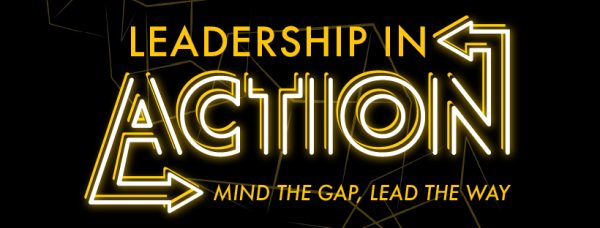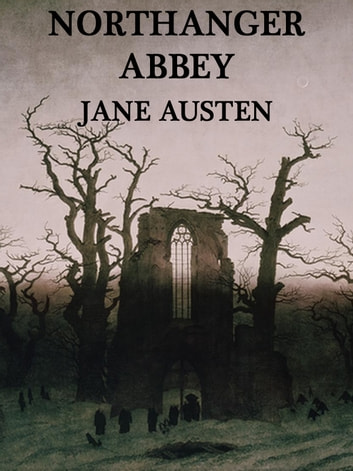Empowering Everyone
Feminism fits us all.
I am an activist for human rights. When I tell people that, they automatically assume that I mean someone who fights for the rights of homosexuals, impoverished peoples and those who cannot speak for themselves. Although that is true, I am also an activist for women—for gender equality. I am a feminist.
The first time I was asked if I was a feminist, I did what most people do: I said no. I saw feminists as male-hating women who were fighting for more rights, even though they already had as much as men. I saw feminists as women who wanted more than equality, but the majority of the power. I saw feminists as a nuisance.
My ideas were quickly changed. Although I supported gender equality, I didn’t believe I was a feminist. This is the case for most modern day feminists.
In a survey of 100 Orono High School students and staff members, only eight people said they considered themselves feminists, but of the 92 that said they didn’t consider themselves feminists, 90 said that they supported equal rights for men and women.
Almost 98 percent of the people who denied being a feminist believed in the fundamental feminist principles of gender equality.
Are the 98 percent of students and staff lying? Of course not. So why are these people afraid of the f-word? These students and staff are most likely unaware of what feminism is. Simply put, feminism is the advocacy for gender equality.
Feminism can be seen in many different ways, and each person defines feminism a little bit differently. Just like there are many different definitions of feminism, there are many different ways to be a feminist. While feminists in the Middle East may be fighting for a woman’s right to speak her mind, feminists in the United States of America are fighting for rights of women as well including: equal pay, equal representation in the governments and the same social rights.
In an article published in Pacific, the magazine of Pacific University by Dr. Martha Rampton, professor of history and gender, Rampton explains that there are three waves of feminism.
The first wave was in the early eighteenth century and carried out through the 1960s. This wave focused on counteracting the views of the cult of domesticity and steered toward getting women the right to vote, among other things.
The second wave of feminism, from the 1960s to the mid-1990s, focused on social issues with the protests of the Miss America pageants. Feminists in this time period claimed that these pageants were objectifying women.
The third, and current, wave of feminism started in the mid-1990s and is the most frequently misunderstood wave. The new wave of feminism is one where women are embracing their femininity and not suppressing it, as in the second wave.
Current feminists are recognizing the importance of womanhood, and embracing the unique qualities of women, men and the individual.
The third wave of feminism doesn’t define things like the earlier waves. The third wave of feminism lets people decide for themselves what being a feminist means to them.
To me, being a feminist means standing up for gender equality in any circumstance. It means to be a voice for those who are looking to blur gender lines and unify us as a human race.
For example, women don’t have to wear heels if they don’t want to, but if heels are what makes them confident, then they should embrace them.
In this column, I hope to open up the discussion of feminism, gender equality, and human rights. I hope to start discussions about what it means to be a feminist, whether you are male, female, young, old, straight, gay, masculine, feminine, black, white, religious, republican or democrat.
I hope to encourage people to question what is happening around them and to stand up for the rights of others. I hope to discuss the topics that are taboo and bring to the forefront issues that are facing those in our community, our nation, and our world.
Interested in learning more about feminism? Visit The Feminist Network’s website at thefemnet.com. The Feminist Network is an organized group of feminists through Democracy for America.
Jack Ellis is the Layout Editor for The Spartan Speaks










